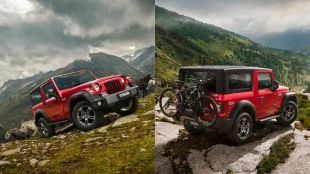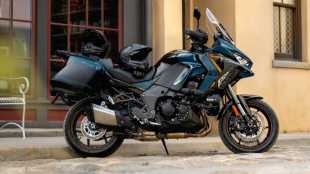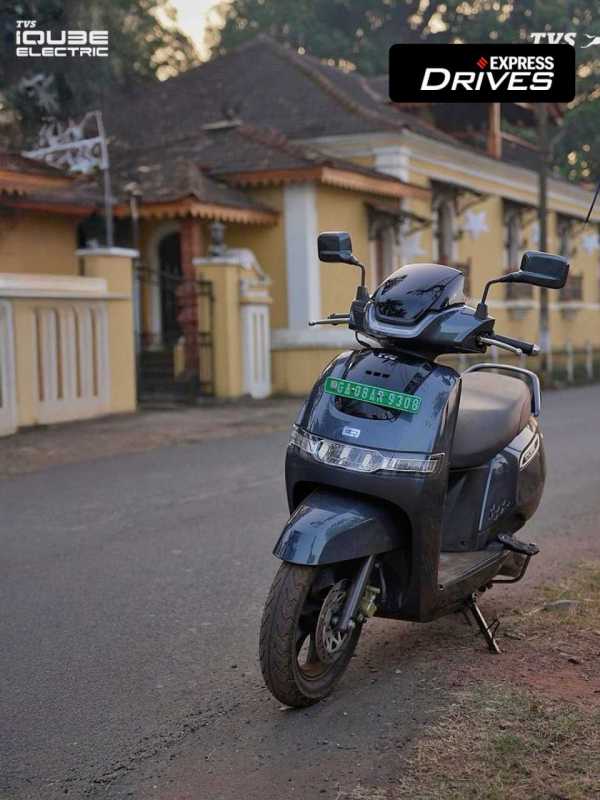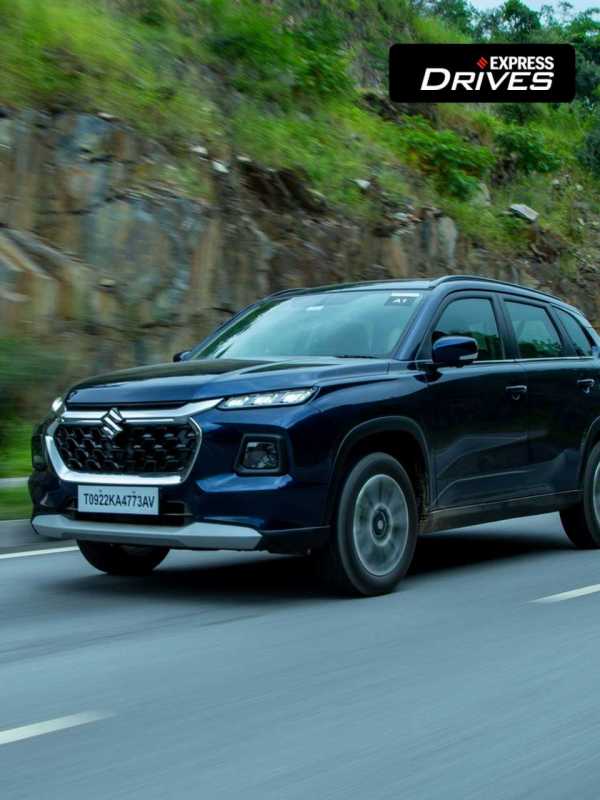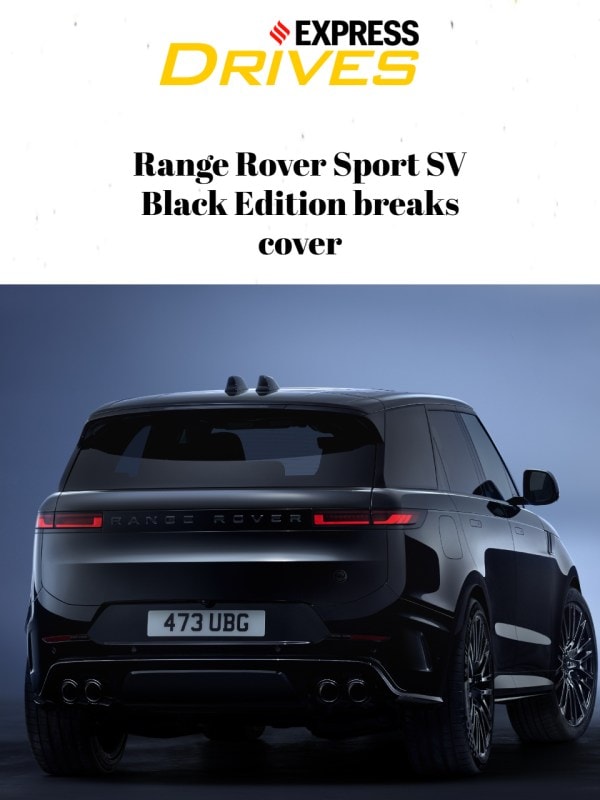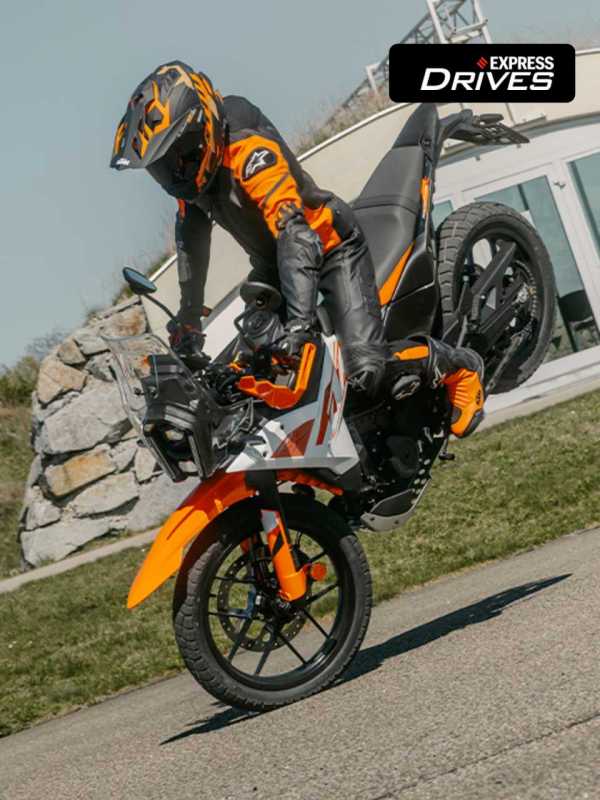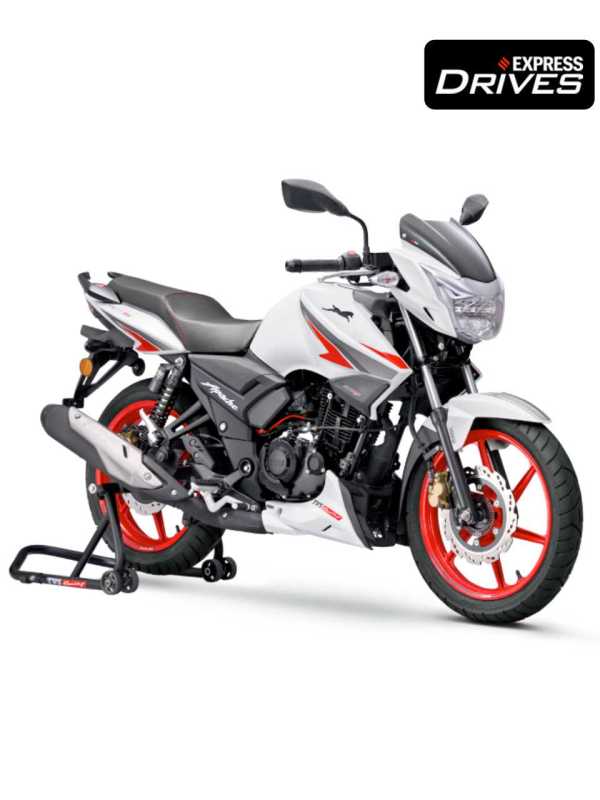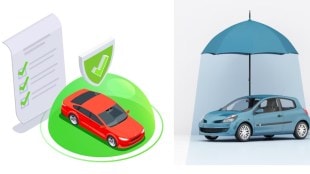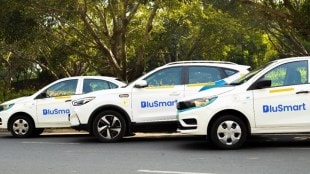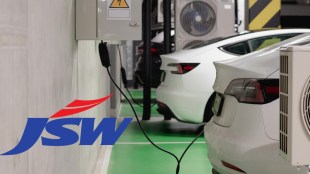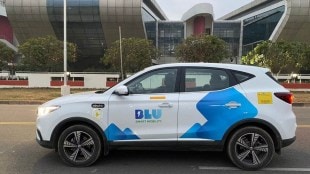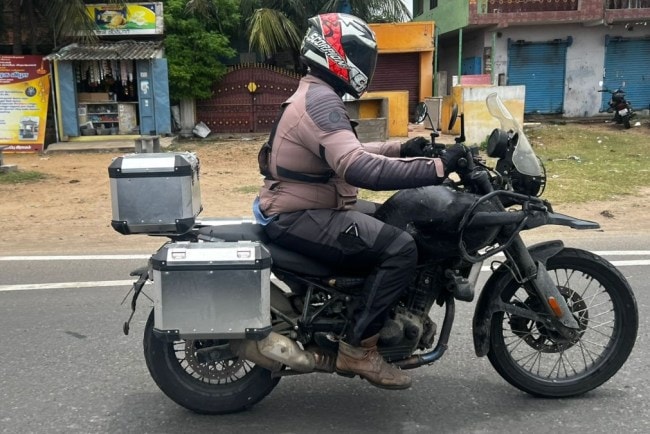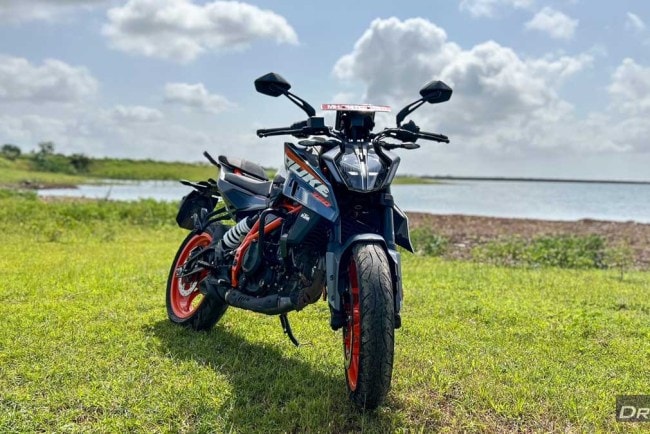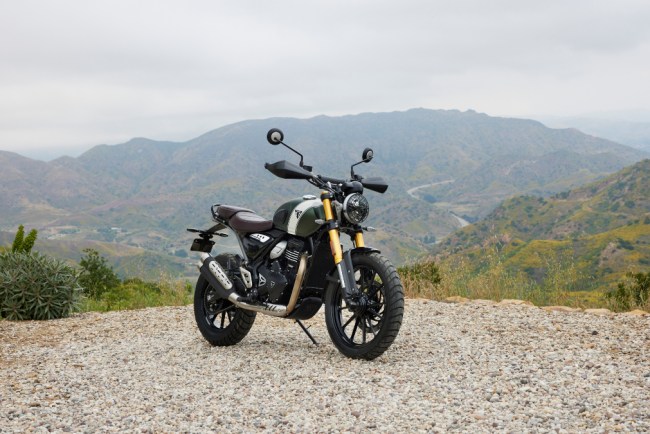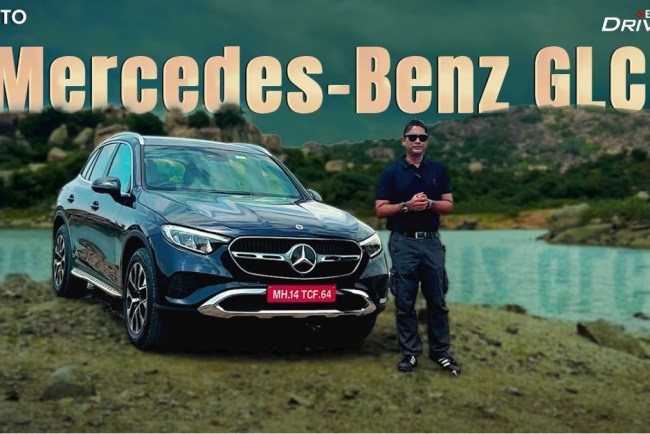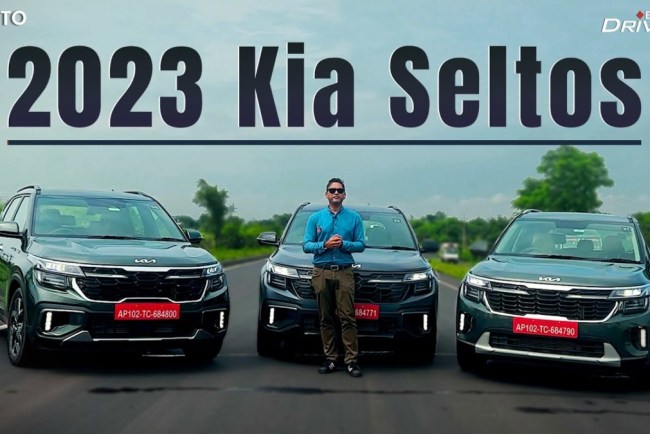German tier 1 supplier ZF Group is fast-accelerating its transformation towards an electrified future. While the company globally is a leading supplier of solutions to a multitude of vehicle segments, in India the commercial vehicle segment has been its key business.
On June 29, the German company held its Technology Day where it showcased its capabilities in the electric vehicle space with the 800-volt electric vehicle powertrain, a new cooling concept and a new winding technology, its first central thermal management system (TherMaS), and its own powertrain software to provide higher efficiency.
Dr. Holger Klein, CEO of ZF aims to make the company agile and has been redrawing strategies for future-proofing itself. Be it streamlining corporate structure, building up new partnerships and JVs, for instance, KPIT for middleware, partnering Wolfspeed to gain silicone carbide technology (SiC), which it believes will be a key component in the future.
He believes that while there is a significant push towards electrification, IC-vehicles especially commercial vehicles are not going to go away completely anytime soon.
“The IC-vehicle commercial vehicle will still stay for the coming years. Since we begin working on electric powertrain in 2016, there has been lot of interesting development and now it looks like an eternity. Today, we offer e-mobility solutions along all segments,” said Dr. Klein.
It is interesting to note that while it has been traditionally an IC-component supplier since a decade ago, at present the global revenue from IC-components contributes less than 30 percent, while the rest comes from electric.
Chassis Solutions Division
For a company the size of ZF, streamlining processes and agility will be the key to be able to meet the varied needs of the automotive industry says Dr Klein. In fact, he believes that it is important for companies to be able to act like ‘start-ups’ to understand the changing dynamics in the automotive industry, where customers now not only include OEMs, but also mobility solutions providers.
The company has announced the setting up of a new Chassis Solutions Division, which combines expertise in the development and production of steering, braking, and damping system. This division has already clocked sales of over 14 billion euros (Rs 123,032 crore) and is employing over 30,000 people globally said Dr. Klein.
Going forward, the company is banking on integrating hardware and software through its partnerships with KPIT for middleware to better provide solutions to its customers.
India and electrification
The German major has established a strong presence in India, through ZF India and its acquisition of (erstwhile) WABCO India.
In addition, to manufacturing capabilities, it has also established a strong R&D and software capabilities base in Bengaluru and Hyderabad, which contribute towards their global development and are at the forefront of steer-by-wire technology.
When queried about its strategy for electrification in the Indian automotive space, Dr Klein said, “The commercial vehicle segment will is the entry points for our e-axles, there are some developments in the passenger vehicle segment too. We can easily bring in our system know-how and already have ongoing discussions with customers. But we need to localise technology to be successful and for that, we need to find the right volume. As soon we have volume, we will introduce our product portfolio.”
In terms of future outlook and challenges, he said that the last four years have taught that it is a very unpredictable world. From the Covid-19 pandemic, to semiconductor shortage to the Russia-Ukraine conflict, it has been a difficult situation for everyone.
In the automotive space, “Euro 7, end of the combustion engine, hybrid commercial vehicles, upcoming regulations, and then lastly consumer behaviour. What kind of mobility is the future expected by our customers are all the unknowns one is dealing with,” concluded Dr Klein.




